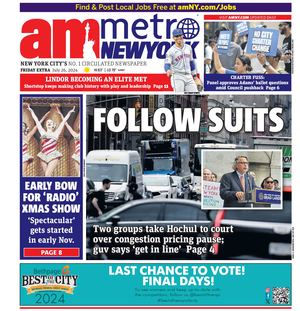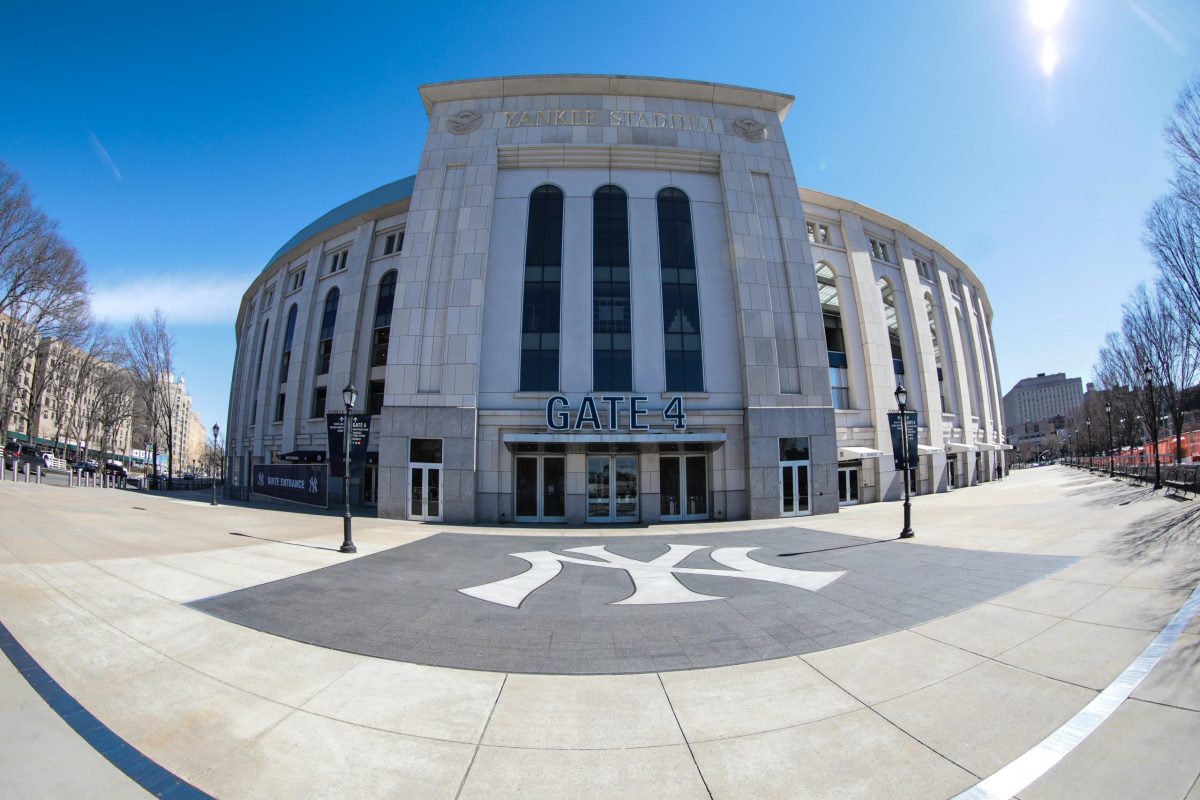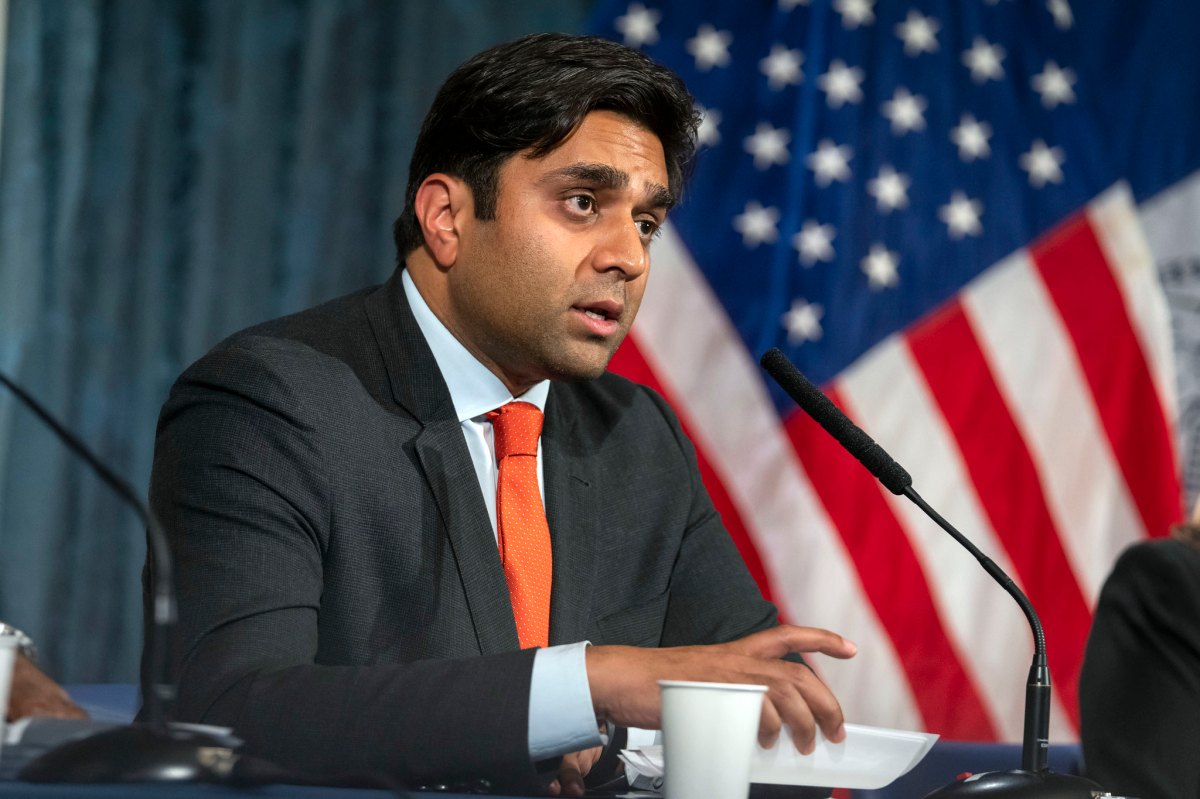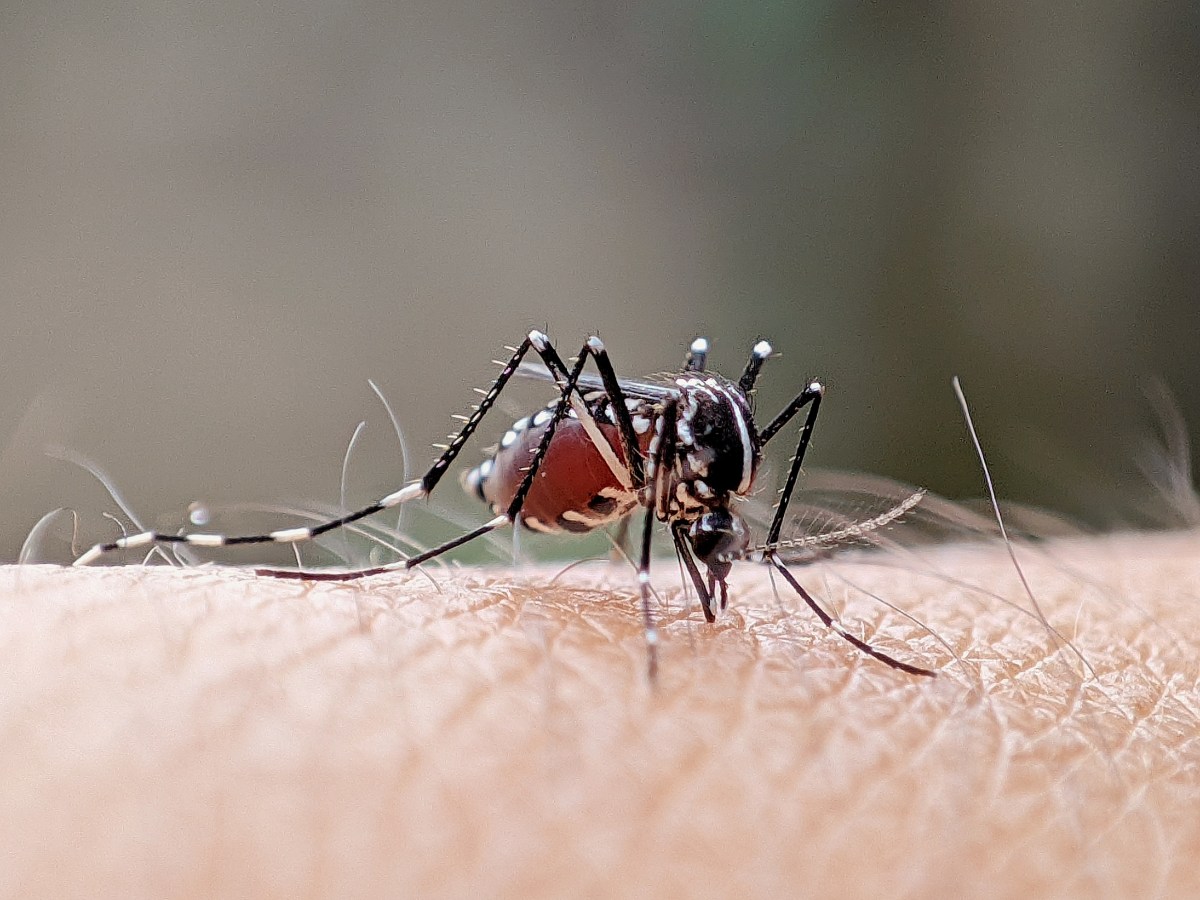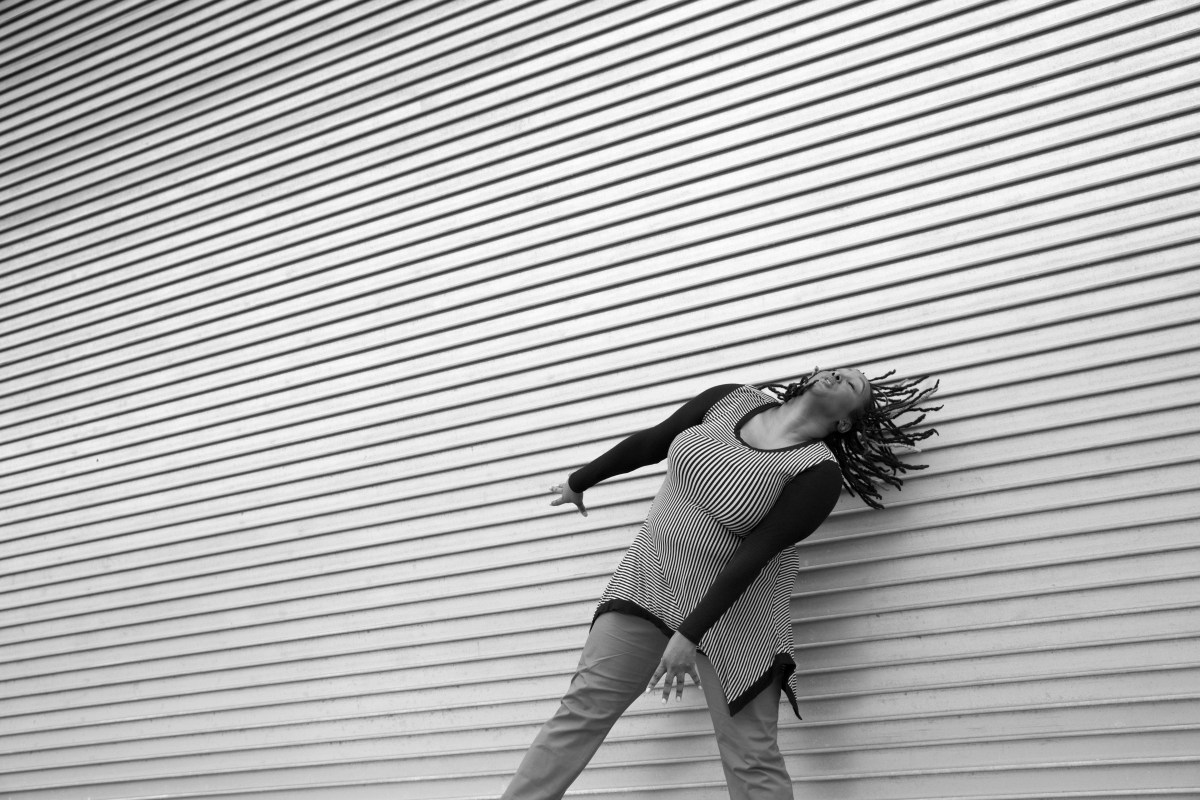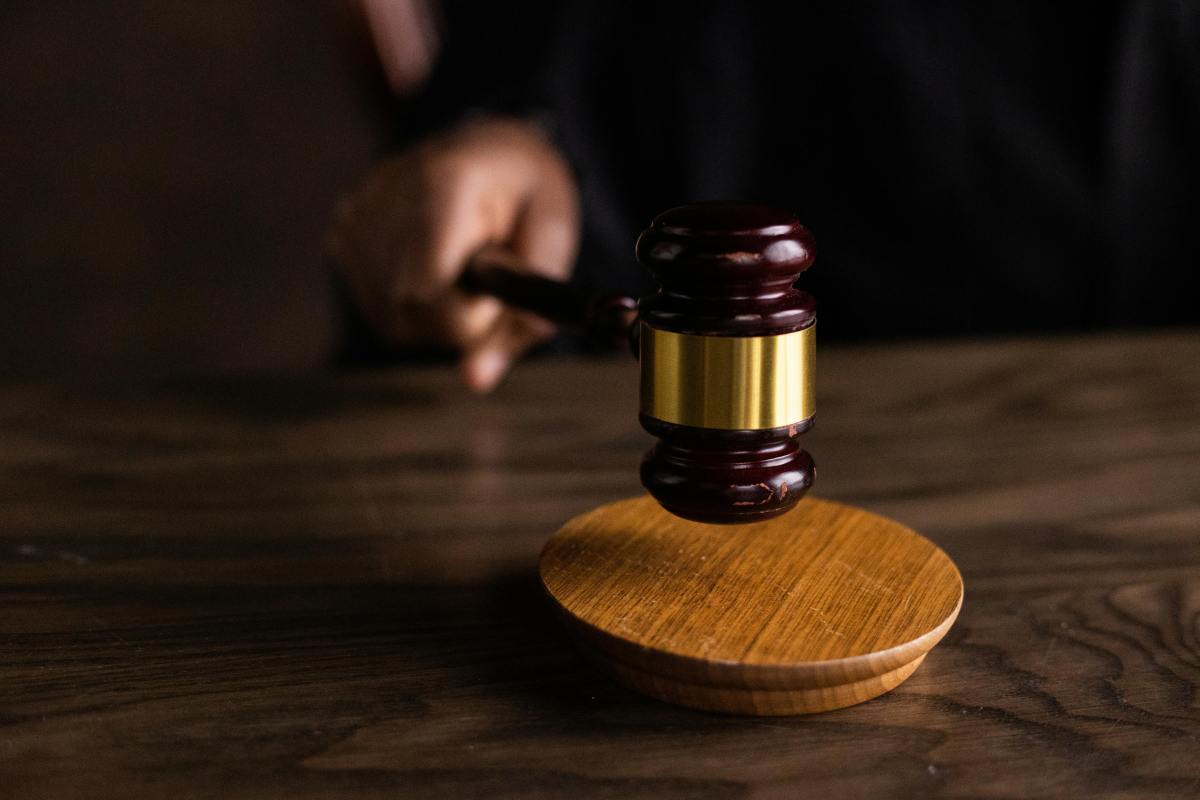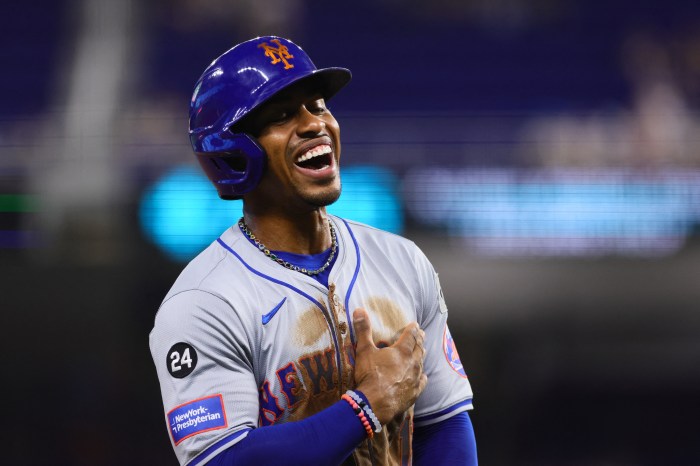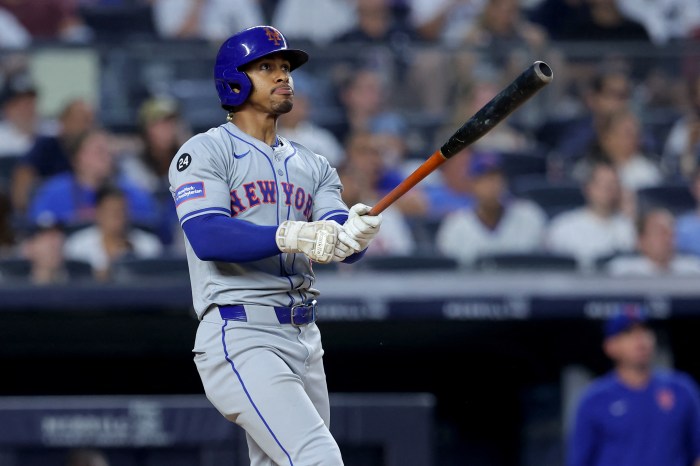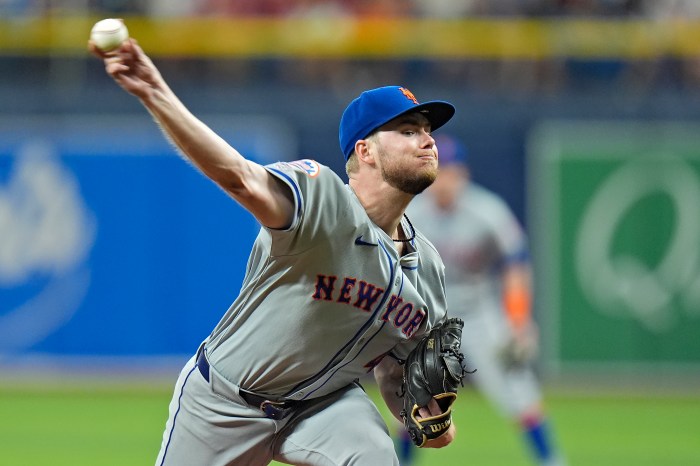It isn’t all sunshine and rainbows for the return of Major League Baseball — regardless of how excited fans might be in America’s Pasttime coming back.
After team owners approved Major League Baseball’s plan of a 2020 opening in early July, the proposal is being sent to the player’s union (MLBPA) on Tuesday — still a considerable roadblock with a potential labor feud brewing revolving around player compensation.
During MLB’s initial suspension of play following the coronavirus outbreak — which forced the league to postpone Opening Day from its original March 26 date — the league and MLBPA have an agreement to advance $170 million in salaries to players during the April and May freeze.
They would not receive any additional salary if the rest of the season was canceled, only service time on their contracts, under that agreement.
But in the proposal that has now been approved by the owners, MLB has set forth a revenue-sharing plan that would compensate the players with either a 50-50 or 48-52 split with the owners, according to various reports.
Such a split, which derives from fans being unable to attend games, is trying to be facilitated because the league has made it known that it stands to lose approximately 40% of its revenue, per Forbes’ Murray Brown.
No fans mean lost gate receipts, no concession or merchandising sales at the ballpark, and parking — a sizable chunk of money that would normally help pay full player salaries.
In reality, though, the league putting forth such a revenue split is essentially suggesting a salary cap — a concept they’ve been trying to push for years that ultimately led to the 1994 player’s strike.
As Brown noted, this will be “a non-starter” for the approximately 1,000 players who will have a say in the matter as they and the owners would be left to split what’s earned from TV revenues and sponsorships.
They would, however, be more inclined to take a prorated salary, which divides an employee’s wages proportionally to what the players actually worked. To further incentivize the deal, hazard pay is something to keep an eye on considering the players are going back to work and traveling amid a pandemic.
Regardless of the MLBPA’s decision, they were put in a difficult spot simply based on the development of the current proposal’s timeline.
With ownership’s acceptance, the headlines created in recent days set up the MLBPA to come out unfairly looking like the bad guys where they would be seen as the ones slowing down the progress of opening up baseball’s doors sometime this summer.
